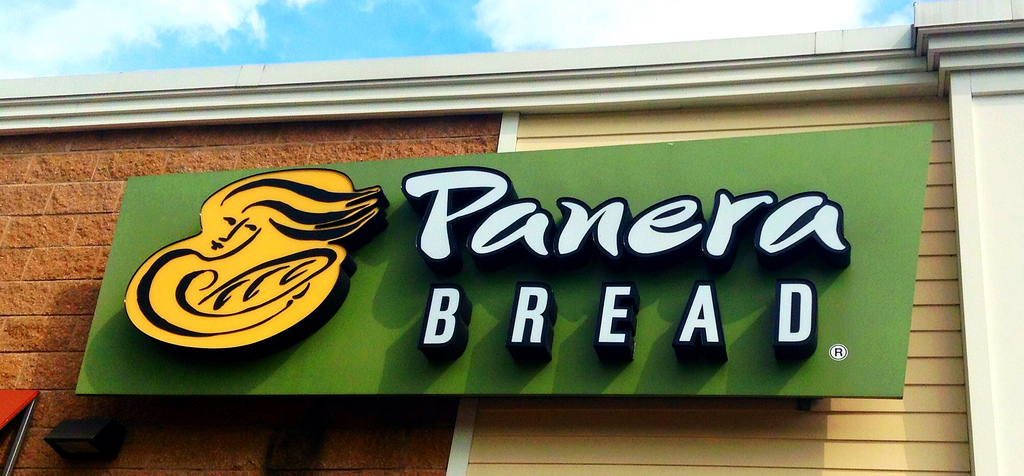We all know that we should tip delivery people. But did you know that if you don’t, they might not even be making minimum wage? That’s right: The second a Panera Bread employee takes a step out the door with your order, his or her pay drops to $5 an hour.
Sub-minimum wage pay isn’t a problem only delivery employees at Panera Bread are burdened with. At Dominos, one of the most popular Dining Dollar options for students at the College of William and Mary, delivery employees depend on tipping to make a living wage.
We know this pricing scheme would be ridiculous in other scenarios. Imagine a world where you could decide how much you want to pay for a good or service. Chipotle skimped me on steak? Think I’ll pay $2 less. My Big Mac doesn’t look as good as the one in the picture? Guess I’ll pay half. The line was too long and now I’m late for class? I’m taking this meal for free as compensation for the way I was inconvenienced. Every single day, delivery employees are subject to these unfair pricing mechanisms.
Imagine I’d really like Dominos at some ungodly hour of the night, but I’d also rather not walk. I would value the ability to teleport there and back at about $10, but let’s be reasonable because we all know that if you’re ordering Dominos late in the night, you are unlikely to get your food for at least an hour.
I would value the ability to teleport there and back an hour after the transaction at $4, and a suitable alternative to the currently impossible teleportation service would be having one of the fine employees of Dominos deliver the pizza to my doorstep. This means, in theory, that I should be paying the delivery driver $4 for his service, no? Yet, because the time to compensate the delivery driver comes after the completion of his or her service and I have not even explicitly agreed to compensate him or her, I could pay $2 for a service I value at $4. I could even pay nothing.
The reason the service industry has perpetuated this confusing and generally hated practice is obvious. Tipping is a matter of tricking consumers by dividing the price of food and the price of delivery into explicit and implicit categories. In that way, my $20 Dominos order sneakily becomes $24, but the fact that I am only obligated to pay $20 and end up tipping an additional $4 out of the goodness of my heart certainly feels better than being obligated to pay $24.
And that takes me to my central point on tipping — it is an implicit cost of ordering food that, however wrong as a system or not, should always be done. When you abstain from tipping, you’re not fighting the man. You’re hurting the little guy. And if we, as a community at the College hurt the little guy too much, eventually the service of delivery that we all know and love might not be around anymore.
Email Nicholas Phair at nwphair@email.wm.edu


Legally, the establishment is required to bring up the wage to minimum wage if the tips + base wage together equal less than minimum which means that your article is misleading.
If anything, you should rather complain to the establishment – they should charge a delivery charge which would then go to the driver and make clear that no tip is required. A tip by its very nature is discretionary – they are customary as a reward for good service.
The notion that we are expected to tip is ludicrous.
In theory employers are supposed to make up the difference if (subminimum tipped wage + tips) comes out to less than minimum wage. The problem is, workers are often too scared of retaliation (which is illegal, but the employer can say it’s another reason), so they rarely request it. This is just one of many problems with the tipping system, along with its discrimination (blacks are tipped less than whites), correlation to sexual harassment and corruption, and lack of correlation to service quality (http://reddit.com/r/endtipping/wiki).
The solution is for restaurants to reject tipping, as nearly 200 restaurants have done across the US (http://bit.ly/tip-free-restaurants). Where tipping is expected, you’re right that anyone who doesn’t tip is a jerk who’s essentially freeloading on the dime of other tipping diners. But by supporting tip-free establishments, we can move toward a world where we don’t have to think about that.